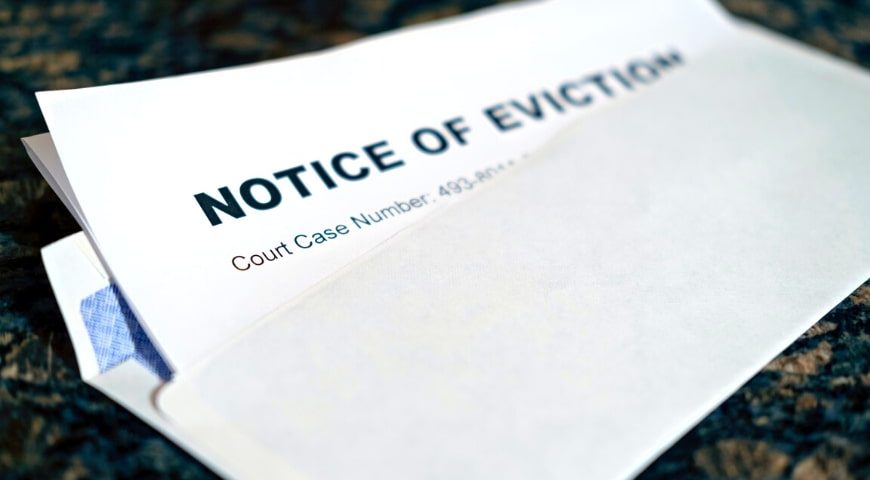Evicting a tenant can be complicated and emotionally charged. However, it is sometimes a necessary part of running a rental property business. Property managers and owners must understand the eviction process. What is eviction process? This post will cover the basics of what you need to know about the eviction process.
What is the Eviction Process: 3 Points You Need to Know
1. The Eviction Process Is Crucial
In the United States, a landlord must adhere to a legal process to expel a tenant from their property. However, the process may differ from one state to another. There is also an order to the steps you must take. These may involve serving the tenant with written notice and initiating legal proceedings in court.
It is crucial to note that a landlord must follow the appropriate legal protocol before evicting a tenant. Therefore, landlords must understand the eviction process and ensure they follow the steps precisely.
2. Can Be Time-Consuming And Costly
The eviction process can be time-consuming and costly for the landlord and the tenant. It might involve hiring an attorney and paying court fees for the landlord. For the tenant, it can result in the loss of their home and a damaged credit rating.
As much as eviction can be unpleasant and costly, it is necessary if the tenant is not paying rent. Ultimately, eviction is a legal tool to help landlords protect their property rights and ensure tenants follow their lease agreement. To have detailed answers to the process, get help from local experts.
3. Legal Procedure
In Florida, the landlord must first provide the tenant with a written notice to vacate, specifying a move-out time. If the tenant doesn’t move out, file an eviction lawsuit. The landlord must write the complaint and file it with the county court.
Remember to serve the tenant with an eviction summons in person. Be respectful and professional to make the process less stressful. After the tenant responds, attend the hearing and present evidence to the judge.
Ensure you follow all necessary legal procedures and requirements. If the landlord wins, it’s time for a writ of possession.
The eviction process can be daunting, so it’s always a good idea to consult a lawyer before taking legal action. Legal support can make the process simpler and faster. It can also ensure that you do not violate the law when evicting a tenant.




